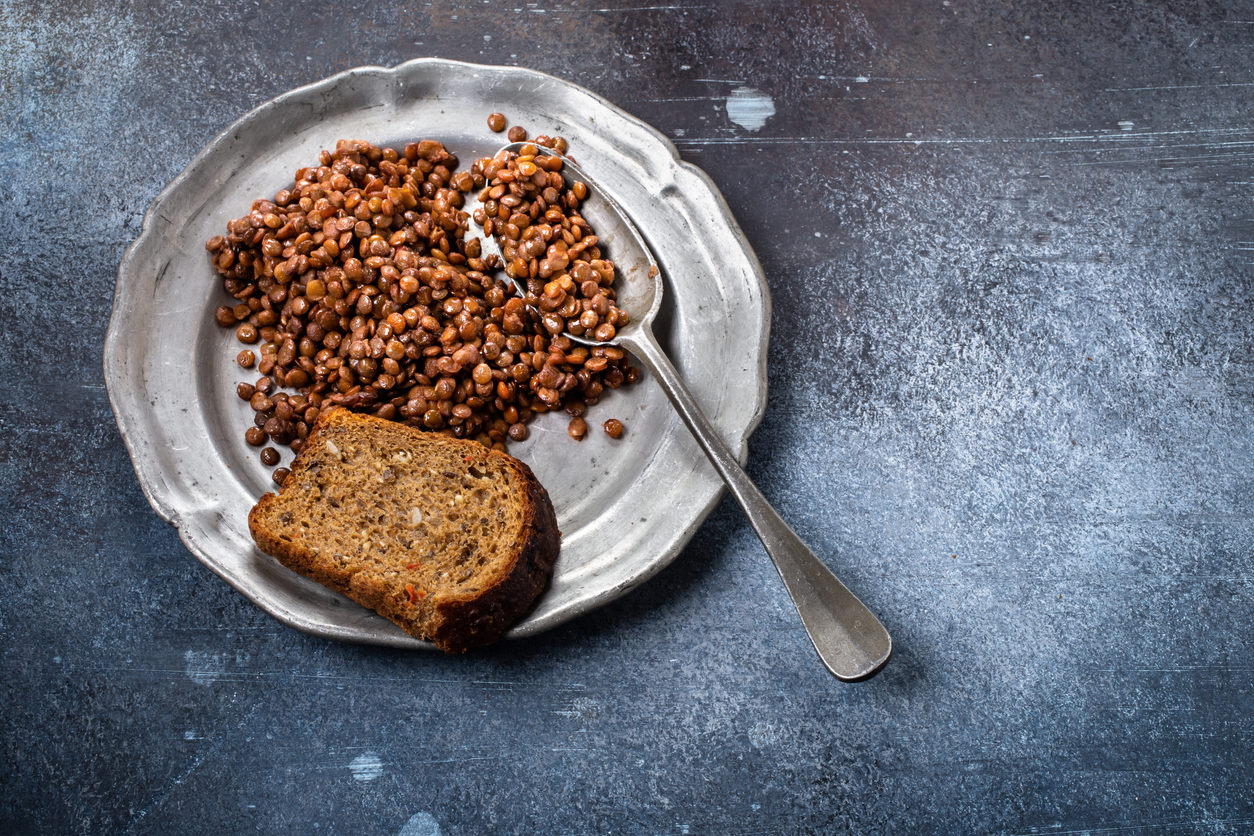If you or a loved one is going to prison, you probably have lots of questions. Some of these questions are about complicated matters. Others are about simple but important things like prison violence, living conditions and even food. But is the food in prisons and jails actually safe to eat? It’s supposed to be. But that doesn’t mean it always is.
Is the food in prisons and jails safe?
It’s supposed to be. But, according to a study by the CDC, incarcerated people are nearly seven times more likely to suffer from a food-related illness than the general population.
According to the study, food-related outbreaks in prisons are common. It states that, between 1998 and 2014, there were 200 foodborne outbreaks in correctional institutions. These outbreaks resulted in 20,625 illnesses, 204 hospitalizations, and five deaths.
Mariel A. Marlow, Ph.D., MPH, an epidemiologist with the CDC, was the lead author on the study. She states that there are several reasons why these outbreaks are common. “Compared to the general population, inmates have an increased risk for infection related to crowding, not enough handwashing areas, poor hygiene, and lack of training in sanitation and disease prevention among inmates,” Dr. Marlow said.

Why do these problems continue?
There are a lot of reasons why the food in prisons and jails may not be safe. One of the most significant is that there is no rule that applies to all prisons for food safety. Instead, state, local and federal prisons all have their own guidelines. This means that officials may consider food safe in one prison that they would consider unsafe in another.
Federal prisons rely on the BOP’s Food Service Manual. This manual is not like the government rule books for restaurants and other places that serve food to people, though. For example, it does not have any clear language about when people can work with food after getting sick. It also does not have any clear language about food-safety training requirements.
Without any clear or enforceable rules, it’s not surprising that food safety falls short in prisons and jails.
What can you do to make sure your prison food is safe?
It is as hard for you to make sure your food is safe as it is easy for prisons to serve unsafe food. If the prison regularly serves you or your loved one unsafe food, you can file grievances or a lawsuit. But it’s rare for prisoners and their families to win these kinds of lawsuits.
But that does not mean that these lawsuits never succeed. Last year, for example, Montgomery County (New York) settled a lawsuit by prisoners over food in county jail. The lawsuit claimed that the prisoners did not get enough food on a daily basis, had to wait more than 24 hours between meals sometimes and often had to eat things like toothpaste to avoid starving.
Earlier this year, Jacob Chansley, who you might know as “QAnon Shaman,” convinced a court to order a prison to serve him only organic food based on his religious beliefs. Chansley went to prison after participating in the January 6 insurrection at the U.S. Capitol.
But examples like these are rare. And, in many cases, they require the help of an experienced lawyer.
The Takeaway:
Prison food is supposed to be safe. But that doesn’t always mean it is. One of the main reasons why is because there are no set rules for food safety in prisons. If a prison serves you or your loved one unsafe food, you can file a lawsuit. However, lawsuits like those don’t often succeed.






